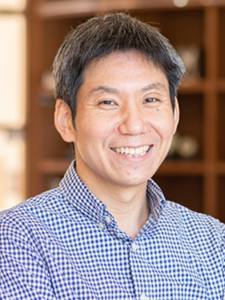The reproductive cycle is a fundamental process of life that transmits genetic information to the next generation. This cycle is mediated by immortal germ cells. In the germ cell line, a fertilized egg gives rise to oocytes and spermatogonial stem cells that become eggs and sperm, which form the next generation of fertilized eggs.
We focus on germ cells throughout the reproductive cycle that spans throughout life, including embryonic, juvenile, adult, and aging stages. A key concept here is that germ cell “quality” changes dynamically and fluctuates throughout the lifespan. Germ cells establish a quality during developmental stages, maintain it with environmental fluctuations during the long period of adult stages, and finally deteriorate during aging stages. These changes and fluctuations are critical to an individual’s reproductive capacity and risk to the next generation. Their elucidation therefore will provide a fundamental understanding of reproduction.
Our study based on this concept will change the traditional view of reproductive lifespan, which tends to assume that reproductive lifespan is simply defined as a period of constant quality that begins and ends at fixed points in time. This traditional view lacks the dynamic changes of germ cells and is therefore unsatisfactory for understanding the heart of reproduction. We will propose a new view, “dynamic reproductive lifespan”, by revealing dynamic changes and fluctuations in germ cell quality throughout life.
